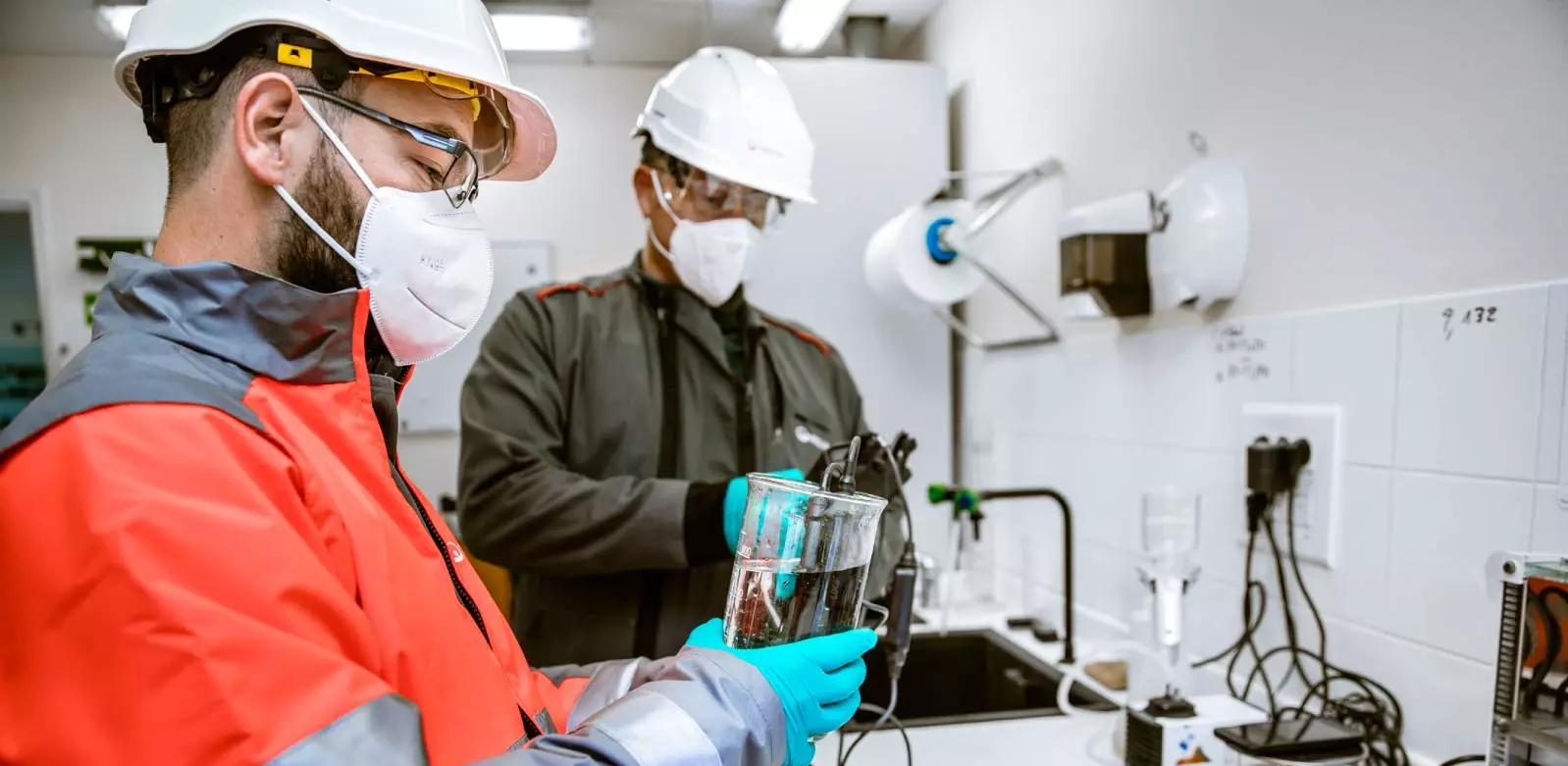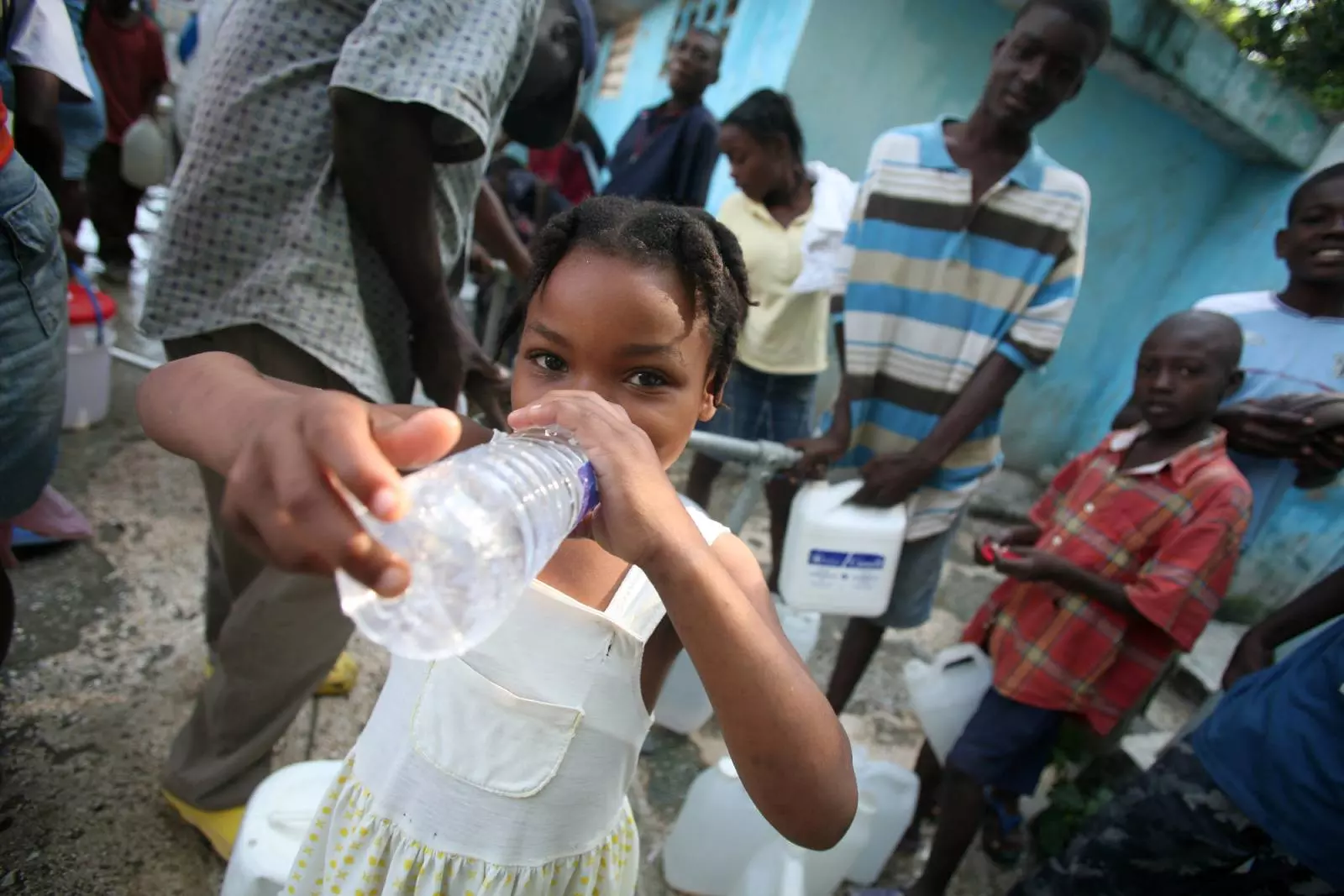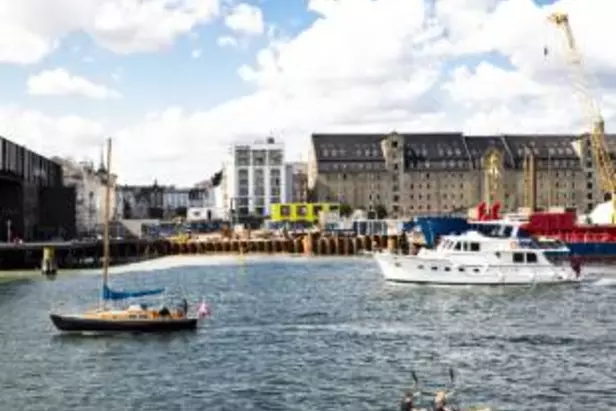Reusing wastewater to preserve water resources
Water is a precious natural resource for all the planet’s inhabitants. Not only is it of vital importance to people, it also plays a crucial role in countless industrial and economic activities.
One of the primary impacts of climate change is disruption to the water cycle that menaces water resources: droughts can exhaust available resources, and flooding can disrupt distribution networks.
We know that the global population is continuing to grow at a time when many parts of the world already face significant water stress, making it vital to take measures to adapt to the heightened risk climate change poses to water resources.
To tackle this environmental, social and economic challenge, we offer wastewater reuse solutions to our municipal and industrial customers. Recycled wastewater can be used to irrigate farmland — a use that itself accounts for 32% of the global market — as well as water green spaces, supply industry and recharge aquifers.
Veolia is committed to reaching an annual volume of
1,2 billion m3
of reused wastewater by 2027, using collected and treated wastewater.
We offer over 350 proprietary technologies for treating water in all its forms, such as wastewater, including by polishing, bacteriological disinfection and eliminating micropollutants.

Ensuring energy performance under all circumstances
Climate events also pose grave risks to energy networks, with the consequent threat of power outages. Cities and industries must include this possibility in their strategy for adapting to climate change, to ensure that essential services and activities remain operational.
This is why we develop « microgrids », smart small energy networks that can operate with or without the local power grid when it is overloaded or fails. This resilient alternative solution is also innovative, cost-effective and environmentally friendly.
As a rule, energy is produced renewably (solar, wind, biomass, etc.) and then stored in batteries for local on-demand distribution.
Anticipating and managing climate disasters
Hurricane, flood, drought, landslide, fire, etc. are just some of the threats of growing intensity caused by climate change facing people and infrastructure.
We stand alongside our customers – local and regional authorities as well as industrial and service sector businesses – to help them anticipate and manage natural disasters. We carry out critical infrastructure audits while also rolling out smart real-time management and supervision solutions for energy and water networks.
Water is critical to human health and wellbeing, and we leverage the full range of our expertise to ensure access to drinking water during a crisis. In particular, we can set up mobile drinking water treatment units in the aftermath of a disaster.
And to tackle heat spikes in urban environments, we have developed mechanisms that use water to cool neighborhoods where heat islands form. We also offer evaporative pavements and roadway humidifier sprays.
According to the World Bank, every euro invested in risk prevention saves up to seven euros in post-crisis reconstruction costs.

Our solutions for adapting to climate change
- Better resilience to climate crises
- Enhanced infrastructure security
- Security of supply
- Improved citizen wellbeing
- Continuity of service
- Cost optimization
- Protecting water resources
The Veolia difference

Nous l’avons fait !

United States of America
In 2005, the coast of the Gulf of Mexico was devastated by hurricane Katrina. 1,800 people lost their lives and over 80% of New Orleans was flooded. To protect itself against similar events and other climate disasters, the city was keen to assess its exposure to risks and transform its urban systems. This was the aim of the risk assessment program we implemented with the city and reinsurer Swiss Re as part of the world’s first public-private resilience partnership.

Following a series of record rains, Copenhagen was keen to protect itself and become more resilient, particularly to avoid wastewater discharges into the port area during flooding. Thanks to our SURFF tool, city authorities are alerted in advance if there is a risk of heavy rainfall. They can pinpoint flood-prone areas and control water management installations remotely. If SURFF had been installed during the heavy rains of 2011, it would have saved the city €200 million.
Source:
World Bank: https://www.banquemondiale.org/ext/fr/home


